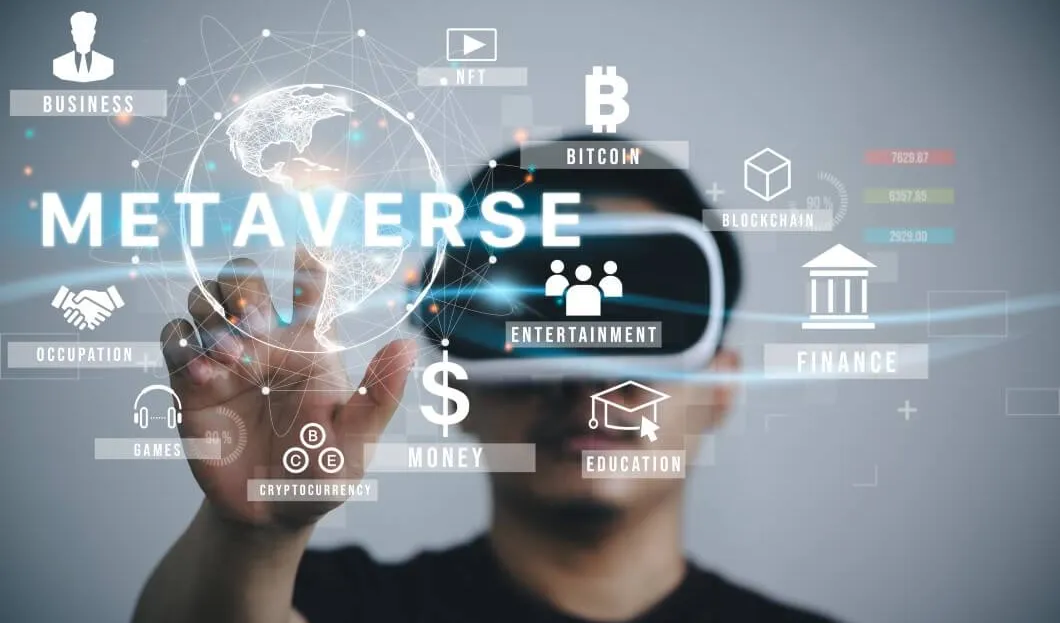
The pandemic created a scenario that fostered digital transformation and innovation, and highlighted the importance of technology to support efficiency, stability, and reach.
As travel technology rapidly evolves to meet the ever-changing needs, it can be difficult to stay on top of the latest industry insights and updates. There are top five travel technology trends that the trade professionals need to know about to stay competitive in 2022:
The Power of Personalization
The travel industry is going through a major transition by recognizing that people don't travel because they want to sit on a plane or sleep in a hotel bed but because they want to fulfill personal aspirations for their travel experience.
In order to meet customer expectations, the industry is responding to this demand by creating more personalized offers. Travel in 2022 is much less homogeneous than it was 15 or 20 years ago, due to the magnitude of available content and the unpredictability of the market. Therefore, a major technological effort is needed to enable this personalization: during the inspiration stage, during the booking experience and during the trip execution process. To achieve this level of personalization, we must first differentiate customer segments and understand their behavior, and then create bundled offers targeted to those specific segments, including complementary services.

Increasing Adoption of AI and Machine Learning Technologies
One of the most prominent travel technology trends is AI, which is essential to deliver a relevant travel experience at scale. It goes beyond personalization to analyze vast amounts of data, recognize patterns and identify answers, whether they are recommendations, insights or predictions, which will help support multiple business processes in the areas of sales, distribution and execution.
The pandemic has forced travel providers to become more flexible and respond much more quickly to issues, ever-changing demands and evolving preferences and concerns. Technology is needed to support these flexible processes, and AI and ML (machine learning), enable this technology to be much more dynamic. It is no longer necessary to do separate offline work and then provide the same recommendations. We can now respond to situations more quickly and learn from the environment's reaction more dynamically, bringing more flexible technology to the travel industry.
Moving to the Cloud Will Accelerate
In the travel industry as in many others, companies are migrating to cloud servers such as Google, Amazon and Microsoft. Experts are convinced that this trend will continue growing from 2022 onwards.
Migrating to the cloud has many advantages, such as reduced costs, unlimited scalability and improved response times. The cloud also offers easier access to data. For example, if a given project involves several players and they all use different systems in their own environments, the access to data becomes very complicated. If data is available in the cloud, many technological challenges disappear as long as privacy and information security are properly managed.
The cloud enables the democratization of technologies such as AI. It is not just a source of information, it also offers a range of data and analytics, as well as capabilities such as machine learning and controlled experimentation. This means that these technologies are no longer the exclusive domain of large companies that have the internal resources to handle them, they are now available to a much wider range of players.
Collaboration for Growth
More and more vendors and companies are "talking" to each other to create an open architecture that allows them to use each other's services and APIs. Companies are recognizing the advantages of open systems, which allow them to leverage not only their own capabilities but also those of their partners. It is impossible to create everything alone thus integration with partner systems is very beneficial to the travel ecosystem.
This is, to some extent, related to personalization. The consumer doesn't want to spend too much time planning a trip and visiting multiple websites, they want to access the full travel experience in one place. Integrating multiple travel systems could mean a more seamless experience for the traveler and reduced data exchange costs for technology providers.
Mobile Communication Behavior
Small screens are the new big screens. In fact, according to the latest edition of the Digital 2021 April Global Statshot Report, there are 5.27 billion unique mobile users worldwide, which means that more than two-thirds of everyone on the planet already has one. This mobile communications behavior is changing the dynamics of customer-business interaction across all industries.
Mobile already offers travelers real-time access and addresses challenges such as language translation and authentications that might otherwise be problematic, but there are certainly many more opportunities for mobile technologies in the travel industry.
Mobile communications and the emerging devices and technologies related to them, such as augmented or virtual reality, the internet of things (IoT), AI or ML, affect the interfaces and capabilities we can use, such as mobile geosystems which will play an increasingly important role in the technological development of the travel industry.
In addition to using it for interacting with consumers, mobile technology can also be used to communicate with a team of employees, and even the Internet of Things (IoT). The use of mobiles is not limited to human-to-human communication, but also incorporates technological components, such as monitoring aircraft performance data for preventive maintenance, tracking checked bags, reporting on aviation activities, and so on.









